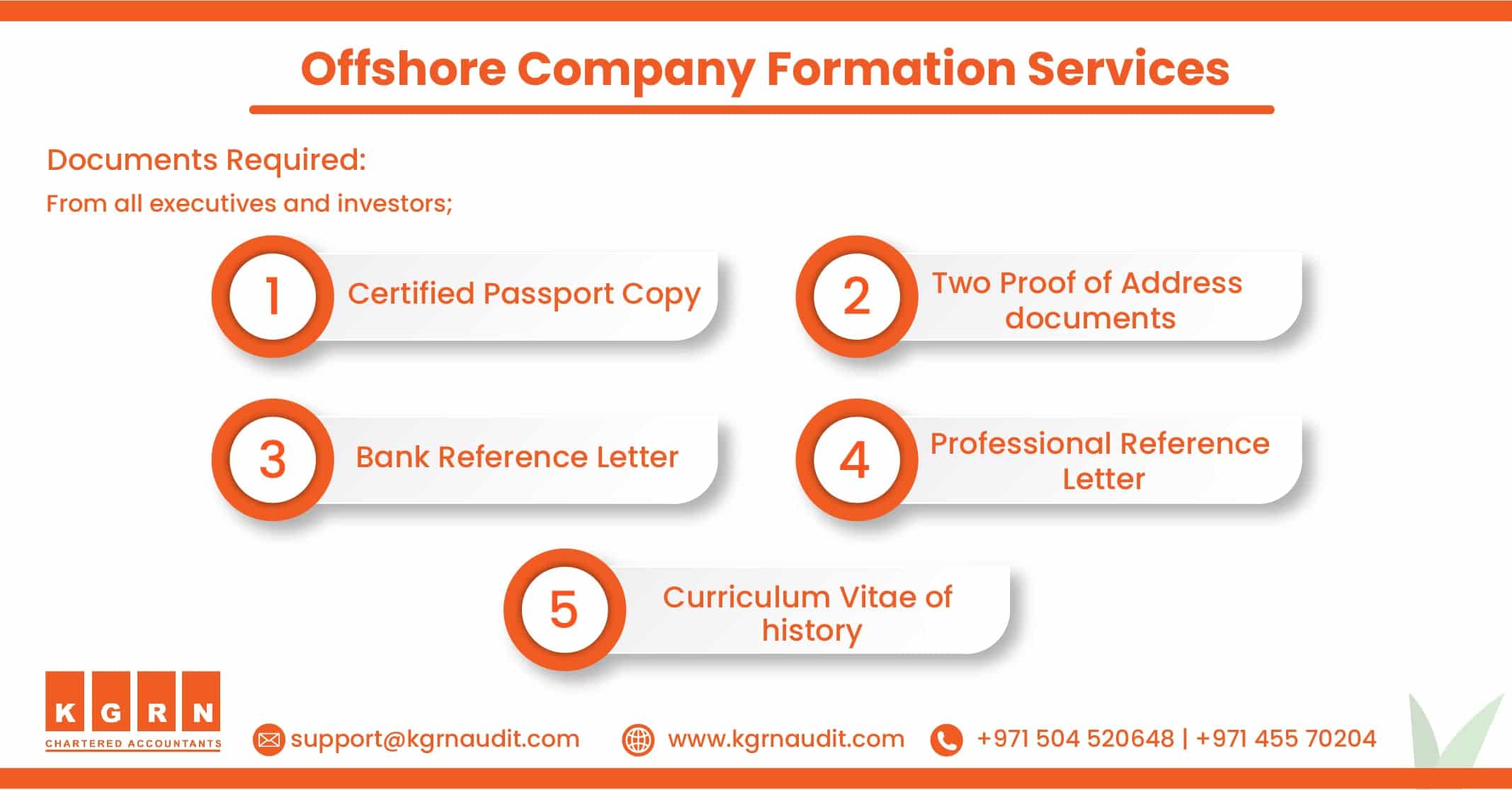Grasping Offshore Company Formation: Important Steps and Guidelines
Grasping Offshore Company Formation: Important Steps and Guidelines
Blog Article
Offshore Firm Development Demystified: Trick Considerations and Best Practices
Browsing the intricacies of overseas company development requires an eager understanding of numerous elements that can substantially impact the success and validity of such endeavors. As the intricacies of establishing an offshore company unravel, a calculated method led by finest techniques becomes critical in ensuring a smooth and lawfully audio operation.
Lawful Jurisdiction Choice
Picking the appropriate lawful jurisdiction is a crucial choice when developing an offshore firm, as it considerably influences the regulatory structure within which the entity will certainly operate. Various jurisdictions use differing degrees of tax effectiveness, governing requirements, privacy protections, and political security. The selection of territory ought to line up with the particular objectives and demands of the offshore company.

In addition, the regulative atmosphere of a territory is essential. Some jurisdictions have rigorous monetary guidelines and compliance needs, which can be burdensome for sure sorts of services. On the various other hand, even more tolerant governing environments may offer versatility yet could likewise present risks in terms of reputation and legitimacy.
Tax Ramifications Analysis
Thinking about the tax effects is a basic facet of developing an offshore business as it straight impacts the economic framework and operational methods of the entity - offshore company formation. Among the key factors organizations choose overseas business formation is to gain from beneficial tax regimes. Performing a comprehensive tax obligation ramifications analysis is crucial to make certain conformity with international and local tax obligation legislations while maximizing tax performance. Aspects such as corporate tax obligation prices, withholding taxes, value-added tax (BARREL), and tax treaties in between jurisdictions should be thoroughly evaluated. In addition, comprehending the ramifications of regulated foreign company (CFC) rules and move pricing regulations is vital to mitigate potential threats and stay clear of tax evasion claims. Working carefully with tax consultants or consultants that specialize in worldwide tax obligation issues can supply valuable understandings and guidance in structuring the offshore firm in a tax-efficient fashion. By proactively addressing tax obligation factors to consider during the formation process, companies can enhance their tax obligation responsibilities and boost total economic efficiency.
Company Framework Preparation
Efficient corporate framework planning plays an essential role in the successful facility and procedure of an offshore business. One typical approach is to develop a holding business in a jurisdiction with favorable tax obligation legislations to hold the possessions of the running business, which may be located in a various jurisdiction for operational purposes.

In addition, the choice of business framework, whether it be a minimal liability firm, a corporation, or a count on, can significantly impact the general success of the offshore venture. By carefully preparing the business structure, overseas companies can boost their operational effectiveness, secure their properties, and maximize their tax obligation commitments.
Compliance and Governing Needs
What are the essential conformity and governing demands associated with developing and additional resources running an offshore business? When setting up an offshore firm, it is critical to stick to the regulatory structures of both the offshore jurisdiction and the home nation of the business proprietors.
Additionally, understanding and following global laws, such as anti-money laundering (AML) and understand your customer (KYC) demands, are crucial for offshore companies to stop illegal tasks. Due persistance in confirming the identifications of valuable owners and ensuring openness in company operations are essential components of governing compliance.
To browse these complexities successfully, engaging with monetary and legal professionals with competence in overseas policies is very recommended. Staying updated on altering regulatory landscapes and proactively attending to compliance problems can help overseas firms operate lawfully and morally while maximizing their service potential.
Banking and Monetary Factors To Consider
When establishing an overseas company, careful interest to banking and monetary considerations is paramount for making sure functional performance and governing conformity. Selecting the ideal financial companion is critical, as it can impact the firm's daily purchases, accessibility to resources, and total financial security. Offshore firms commonly choose financial institutions in jurisdictions recognized for their stability, economic facilities, and beneficial laws. It is important to think about elements such as the bank's credibility, variety of services offered, costs, and its adherence to global financial criteria.
Some overseas territories have rigorous banking secrecy regulations, which might affect the circulation of details between the business, its investors, and the bank. By carefully navigating the banking and economic landscape, overseas firms can develop a strong monetary structure for their operations.

Conclusion
Finally, offshore firm formation includes cautious consideration of lawful jurisdiction, tax implications, business framework, conformity, and banking factors to consider. By attending to these key aspects and adhering to best techniques, services can establish overseas entities efficiently. It is necessary to stick to regulatory needs and make certain financial transparency to keep trustworthiness and alleviate risks. basics In general, complete preparation and adherence to monetary and lawful guidelines are vital for an effective overseas firm formation process.
Thinking about the tax obligation implications is a fundamental element of establishing an offshore company as it directly influences the financial framework and functional methods of the entity. Functioning carefully with tax experts or consultants who specialize in worldwide tax matters can provide important insights and guidance in structuring the overseas firm in a tax-efficient way. One common approach is to establish a holding company in a jurisdiction with favorable tax obligation laws to hold the assets of the operating business, which might be situated in a various territory for operational purposes. When setting up an overseas firm, it is important to adhere to the governing structures of both the overseas jurisdiction and the home nation of the business owners.In conclusion, overseas business formation involves mindful consideration of lawful visit their website territory, tax obligation effects, business structure, conformity, and banking considerations.
Report this page